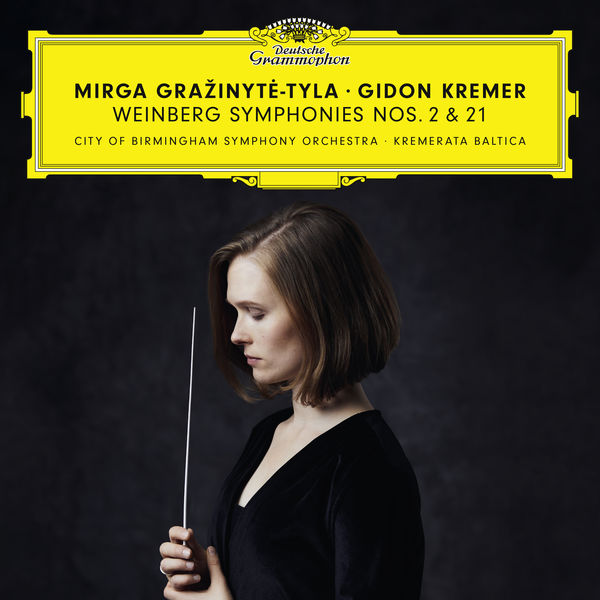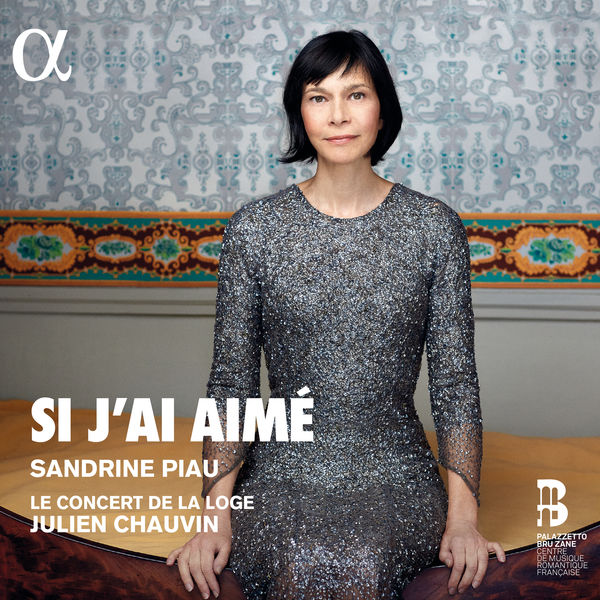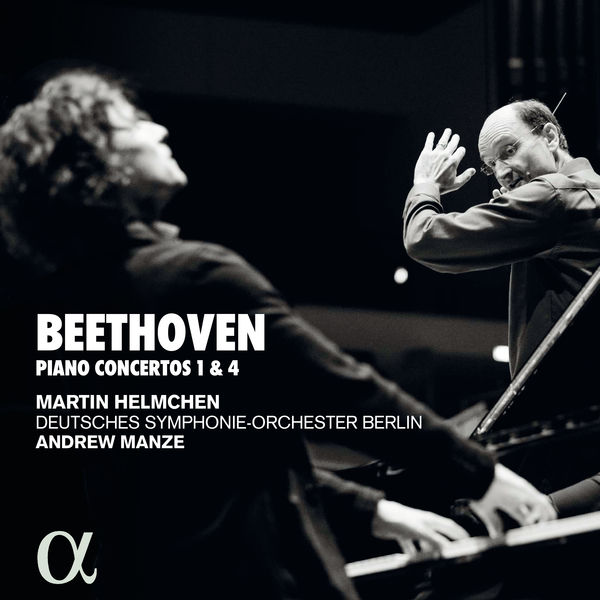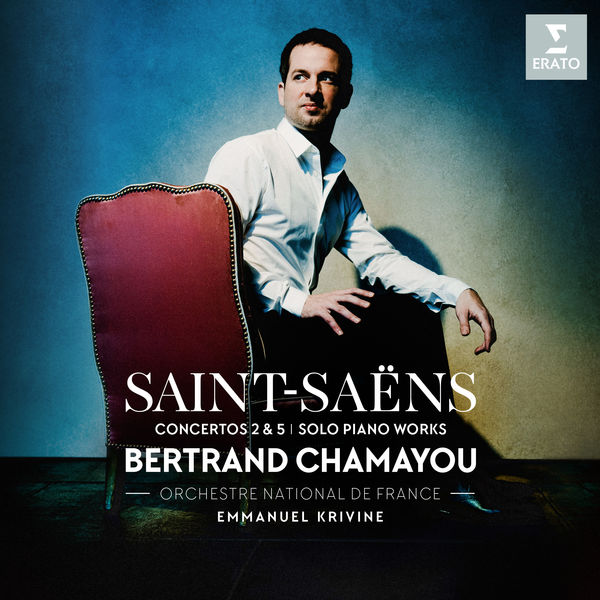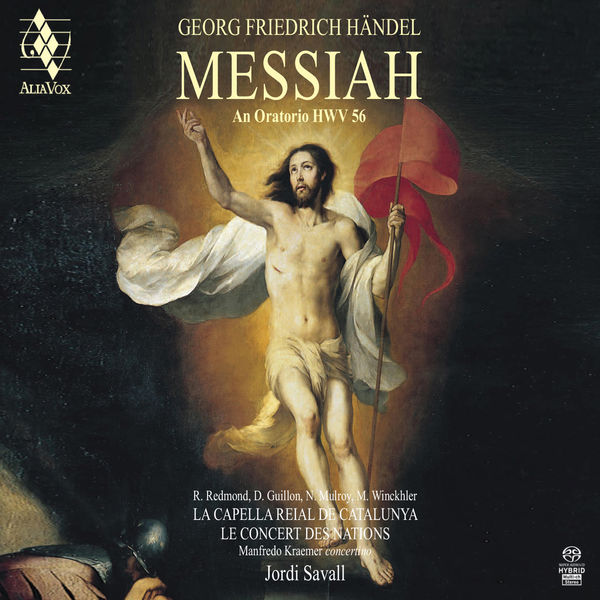Brahms’ Piano Concertos
There is clearly no lack of excellent performances of the two Brahms piano concertos. There are many masterful recordings from the 1960s with the great piano legends, Curzon, Arrau, Fleischer, Richter, or Gilels, often with the fantastic George Szell, that have stood the test of time, as the romantic repertoire has seen less of a sea change of recording style as have earlier composers (I can’t really enjoy non-HIP Bach concertos any more for example).
There also have been a lot of more recent recordings that are outstanding. One of my favorite sets is the Nelson Freire / Riccardo Chailly / Gewandhaus one from 2006, or more recently, the excellent (No. 1) / very good( No. 2) recordings by Lars Vogt with the Northern Sinfonia (that I just noticed I totally forgot to review here).
And as a nice coincidence, the very first recording I ever owned of No. 1 was with András Schiff as well, with George Solti on a 1989 Decca album.
So why would even a Brahms aficionado like me bother to buy one more recording of these?
The answer is called Blüthner. That is the piano that Schiff uses in this new recording.
Brahms: The Piano Concertos- András Schiff – Orchestra of the Age of Enlightening (ECM 2021)

The Blüthner is a piano from c. 1859, i.e. 1 year after the writing of Brahms first concerto. It has a quite different sound to the typical modern Steinway, less heavy, less brilliant, but more transparent.
To complement that, the Orchestra of the Age of Enlightenment is also clearly historically informed, playing on gut strings.
So, is it worth it?
I’d say yes (and I did purchase the album). I really like the difference in sound and transparency one gets from the historically informed approach and instruments. This is the first recording of Brahms concertos with a HIP approach that hit my radar screen, and it really gives you new insights into these works.
To quote Schiff himself from the booklet: “With the present recording we have tried to recreate and restore the works, to cleanse and ‘detoxify’ the music, to liberate it from the burden of the – often questionable – trademarks of performing traditions“.
Now, does that mean this will be my new reference recording? Clearly not, I won’t be abandoning the beauty of all the recordings I’ve quoted above. I really like the piano playing, although some rubati aren’t always my cup of tea, but particularly in the first concerto, I’d just like to see a bit more drama in the orchestral introduction.
But if you like Brahms, you should really check this recording out!
My rating: 4 stars
You can find it here (Qobuz)








